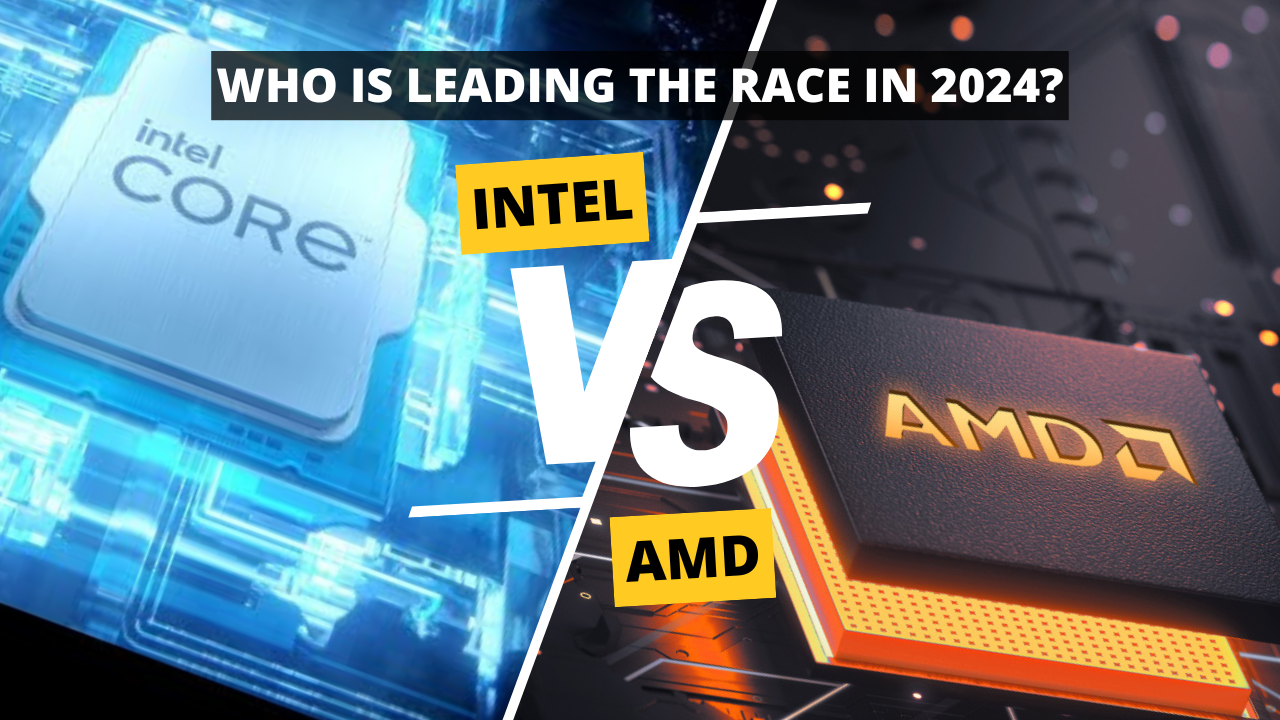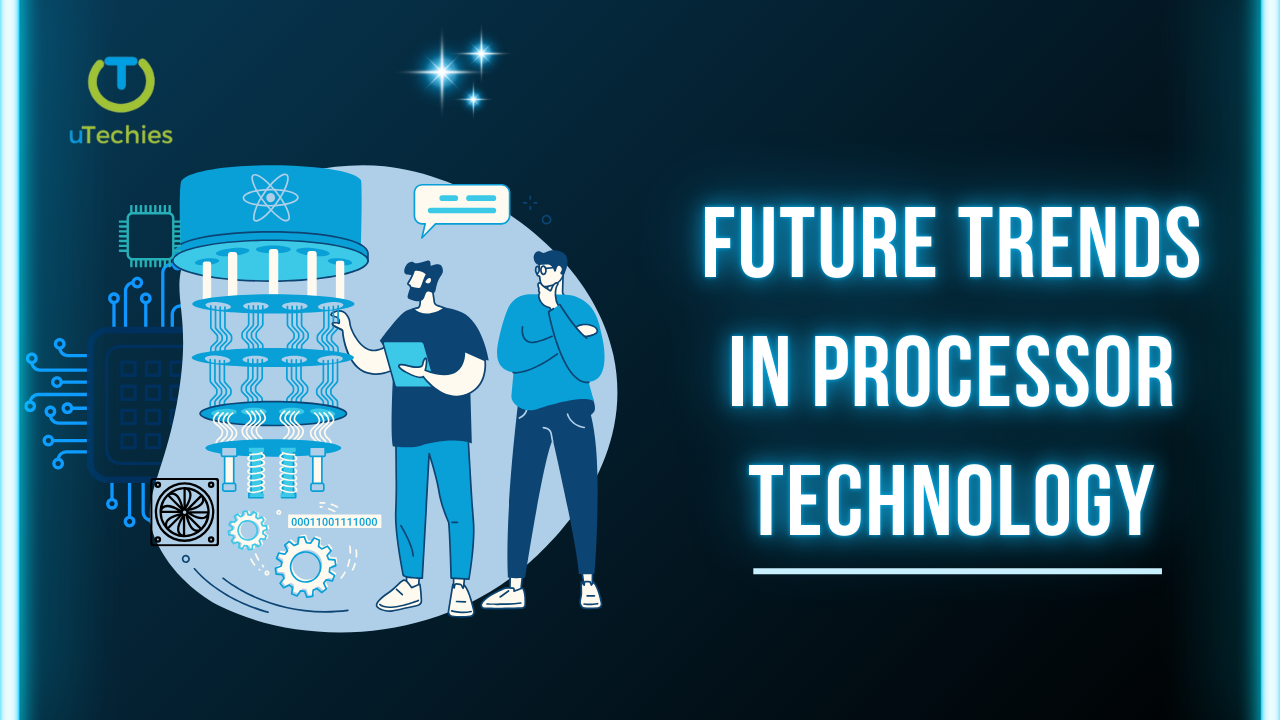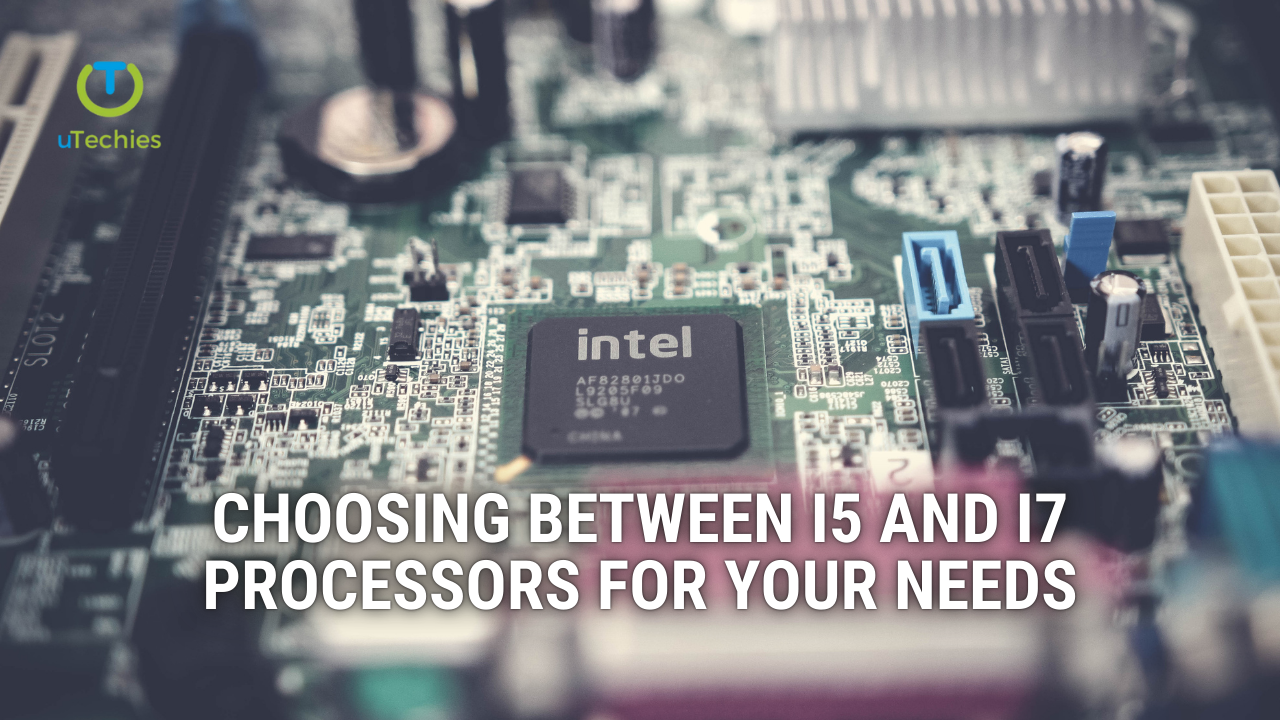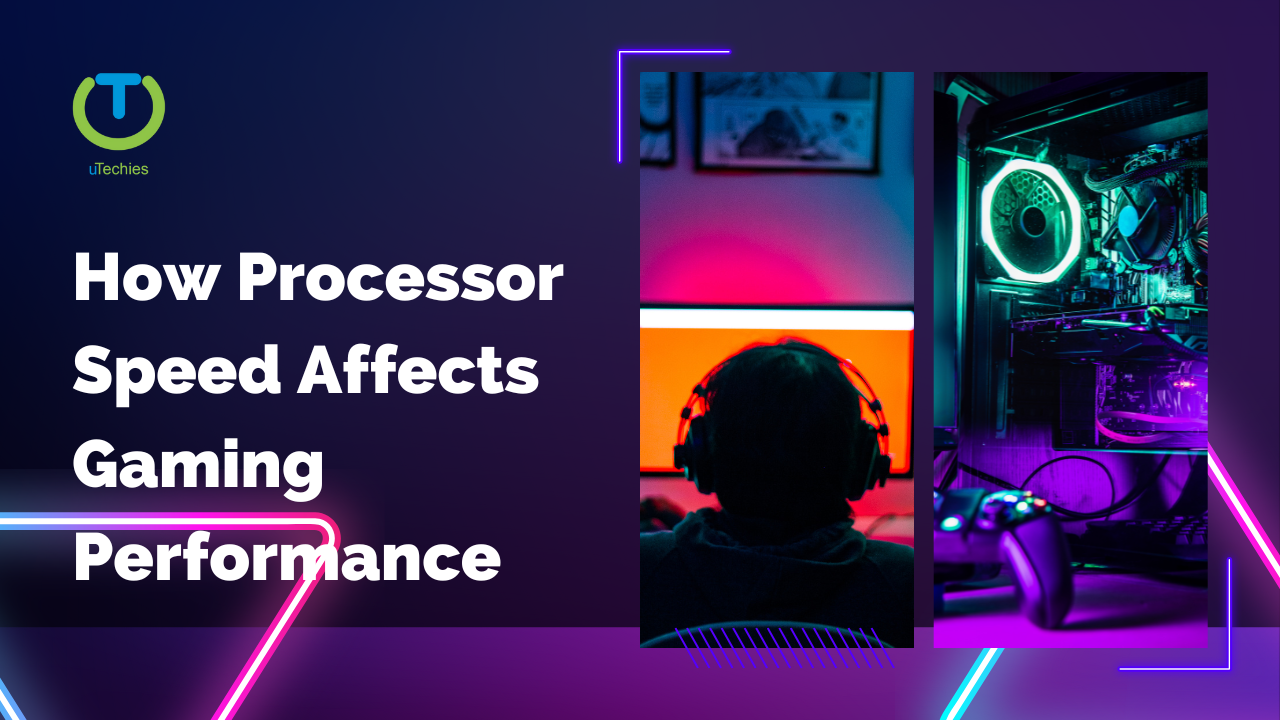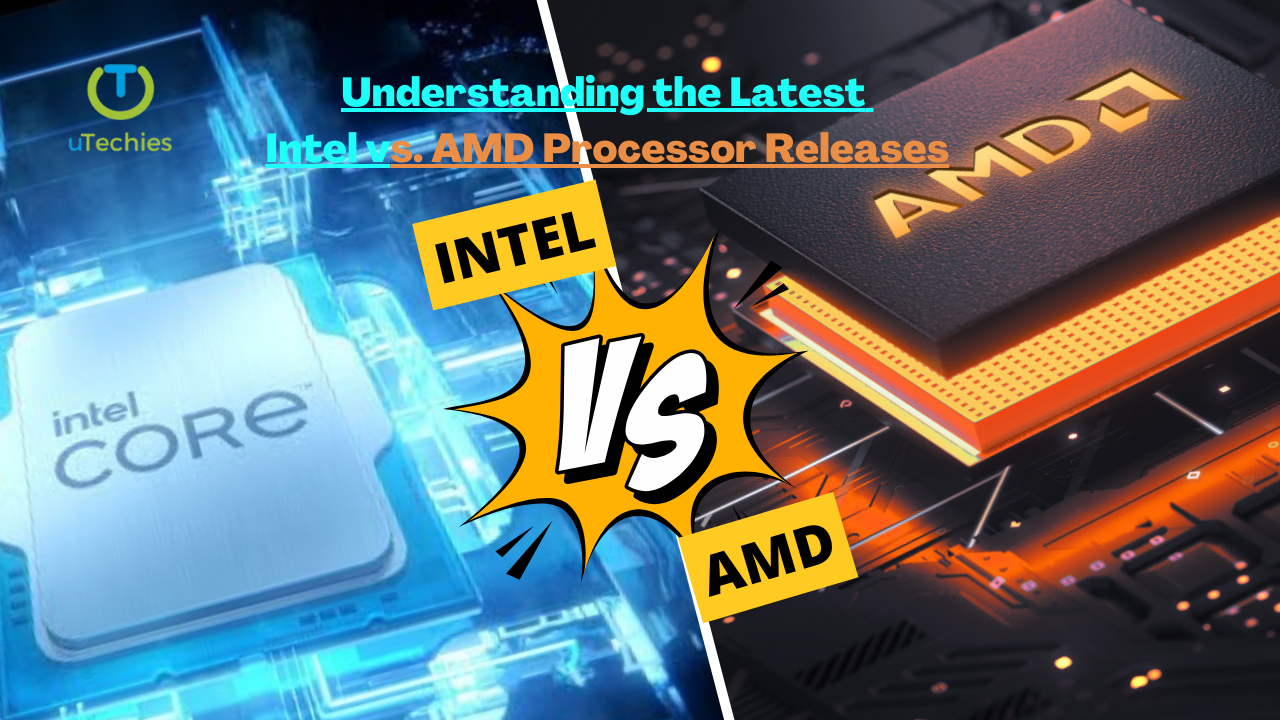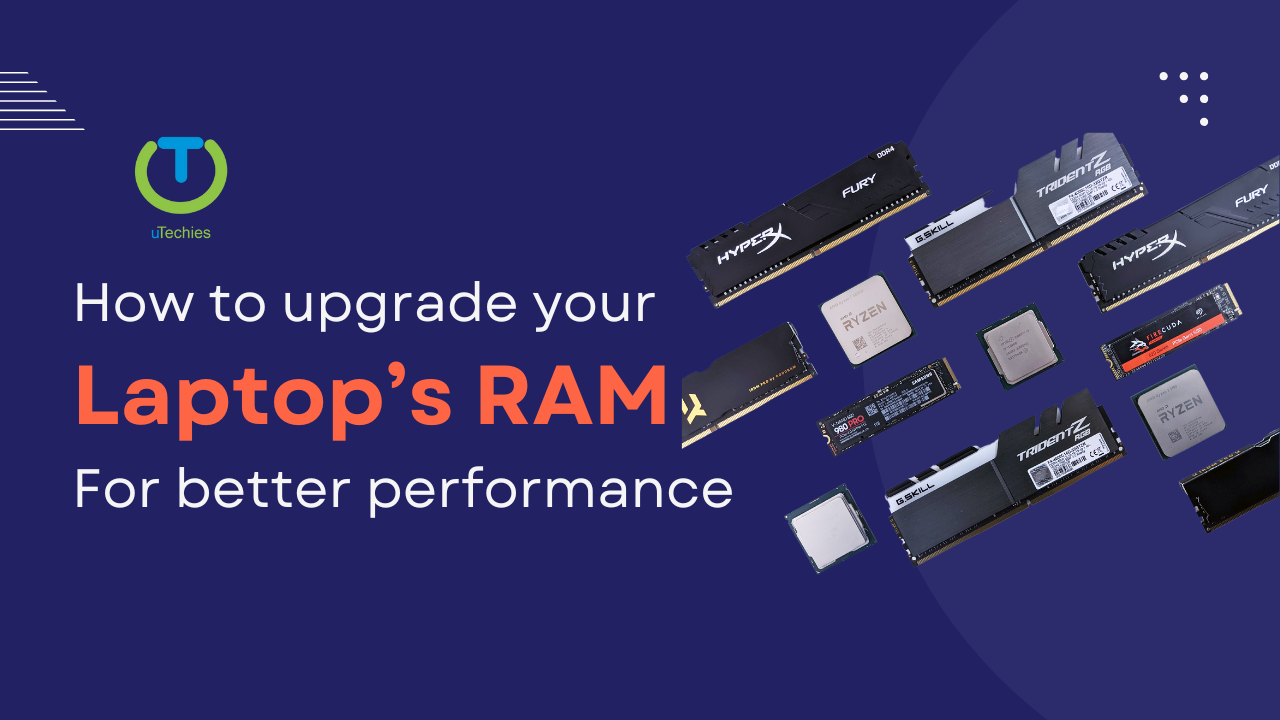It is already half year past in 2024, the competition between AMD and Intel in the CPU market remains more intense than ever. Both companies continue to offer powerful options for gamers, content creators, and everyday users. Lets dive into the latest developments from AMD’s Ryzen and Intel’s Core processors, comparing their performance, efficiency, pricing, and overall value.
2024 CPU Landscape
AMD Ryzen:
AMD’s latest Ryzen 7000 series is already on the market, with the highly anticipated Ryzen 9000 series expected to launch later this year. Leading the pack is the Ryzen 9 9950X, powered by the Zen 5 architecture, and equipped with:
- Cores/Threads: 16/32
- Base/Boost Clock Speeds: Up to 4.5GHz / 5.7GHz
- TDP: 170W
- Memory Support: DDR5
- PCIe Support: PCIe 5.0
AMD has solidified its reputation for high core counts and exceptional multi-threaded performance, all while maintaining competitive pricing. The Ryzen 9 7950X3D continues to be a top choice for gaming and productivity due to its cooling efficiency and significant performance upgrades over previous models.
Intel Core:
Intel’s latest lineup features the 14th generation Core processors, with the Core i9-14900K as a flagship model. This processor includes:
- Cores/Threads: 24/32 (8 Performance Cores + 16 Efficiency Cores)
- Base/Boost Clock Speeds: Up to 3.2GHz / 6.0GHz
- TDP: Up to 253W
- Memory Support: DDR4/DDR5
- PCIe Support: PCIe 5.0
With its Raptor Lake architecture, Intel has made major strides in multi-core performance, making it a formidable competitor for both gaming and productivity tasks. The Core i7-14700K is another strong contender, known for its balanced price-to-performance ratio, and it competes closely with AMD’s offerings in similar price ranges.
Head-to-Head Performance
Gaming:
When comparing gaming benchmarks at 1080p and 1440p resolutions, Intel’s Core i9 series slightly outperformed AMD’s Ryzen in some titles, showing an approximate 8% advantage at lower resolutions. However, at higher resolutions, the gap narrows significantly. On the other hand, AMD’s higher core counts make its processors more suitable for multitasking and content creation, excelling in multi-threaded workloads.
Power Efficiency:
AMD has been widely praised for its power efficiency, especially in demanding workloads. For example, the Ryzen AI 9 HX delivered better performance in Cinebench tests while consuming less power compared to Intel’s offerings. This efficiency makes AMD’s chips attractive for users focused on minimizing heat output and energy consumption.
Price vs. Performance:
Pricing continues to play a critical role in the CPU market. Intel has adopted aggressive pricing strategies, offering excellent value in certain segments. Their latest CPUs are accessible at competitive prices, making them an appealing choice for users looking for performance without breaking the bank.
Looking Ahead: 2024 and Beyond
Both AMD and Intel are poised to push their technological boundaries throughout 2024. AMD’s Zen 5 architecture is expected to bring further advancements in performance and energy efficiency, while Intel is likely to refine its hybrid core approach in upcoming releases.
Final Thoughts
The decision between AMD Ryzen and Intel Core in 2024 ultimately comes down to personal needs:
- For gamers prioritizing frame rates and competitive pricing, Intel might have a slight performance edge.
- For users focused on heavy multitasking and content creation, AMD’s high core counts and efficiency make it an excellent choice.
Both brands offer high-performance CPUs, and the final choice should be based on individual preferences and use cases. Staying updated with the latest benchmarks and real-world testing will help ensure the best purchasing decision as the year unfolds.

